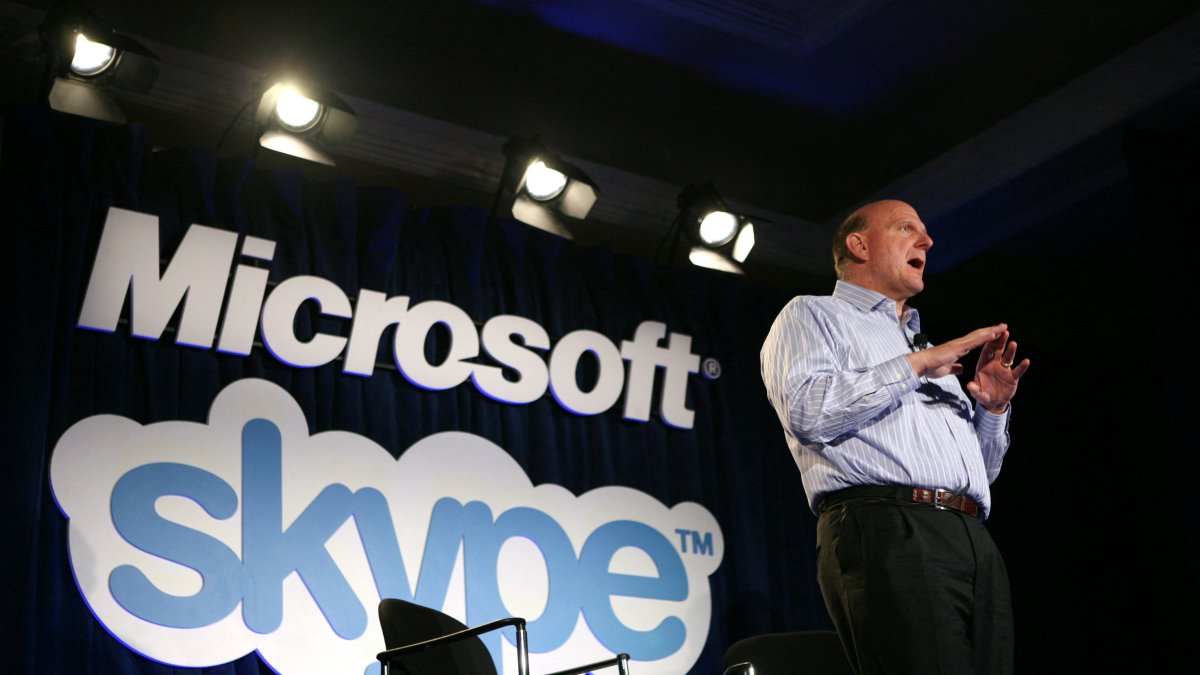Microsoft to retire Skype and shift focus to Teams as its primary communication platform
Launched in 2003, Skype changed hands through multiple transactions before being acquired by Microsoft in 2011. By 2016, its growth had stagnated as competition intensified.

Moment of the purchase of Skype by Microsoft in 2011.
What started as a groundbreaking telecommunication and video-calling service in 2003 will come to an end on May 5, 2025. Microsoft, which acquired Skype in 2011, has announced the application's shutdown. The company will instead focus on Teams, its business-oriented communication platform.
"As of May 2025, Skype will no longer be available," stated a post from Skype Support on the X social network. The message informed users that they should transition to Microsoft's Teams platform instead.
Microsoft confirmed that active users' data and accounts will be migrated. "In the coming days, you will be able to sign up for the free version of Microsoft Teams using your Skype account to stay connected to your conversations and contacts," the company stated.
Following Microsoft's announcement, made just hours before the stock market closed, the company's shares showed no significant changes when trading resumed on Monday.
The end of Skype
In a world where Messenger dominated online messaging, Skype emerged under its Scandinavian founders and quickly captured public attention. It introduced a groundbreaking Internet calling model that soon became a key feature for competing services.
Skype was acquired by online retail giant eBay for $2.6 billion in 2005 but was sold four years later to a consortium led by private equity firm Silver Lake Partners. Nearly 14 years ago, Microsoft purchased it from the consortium for $8.5 billion.
In 2016, Skype had around 300 million users. However, after its acquisition by Microsoft, the platform began experiencing bugs and a lack of updates, allowing competitors to gain an edge. The emergence of rival applications like Discord and Apple's FaceTime contributed to Skype's stagnation and eventual decline in market share.
The launch of Microsoft Teams in 2017 delivered the final blow to Skype. Microsoft introduced an application that not only competed with Skype but also offered more features and seamless integration with other Microsoft services, mirroring the cross-functionality of Google's tools.

























